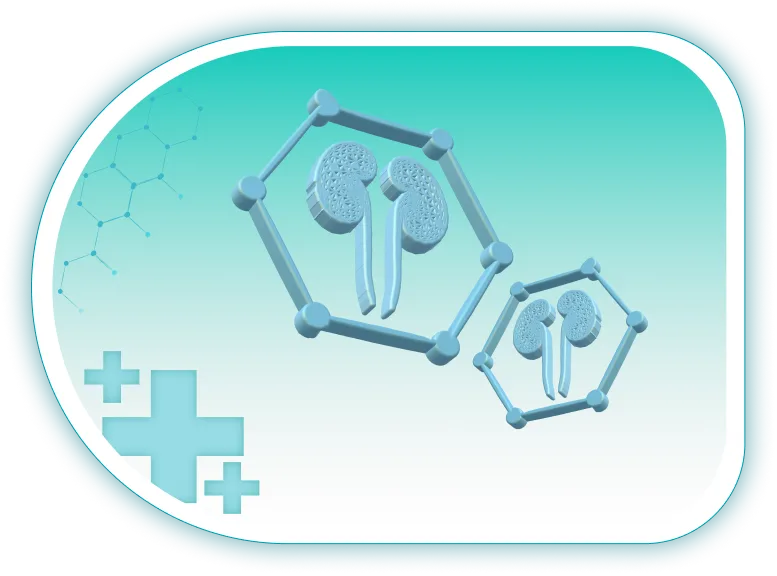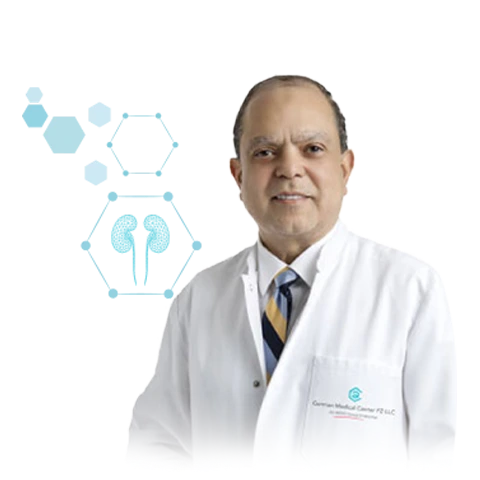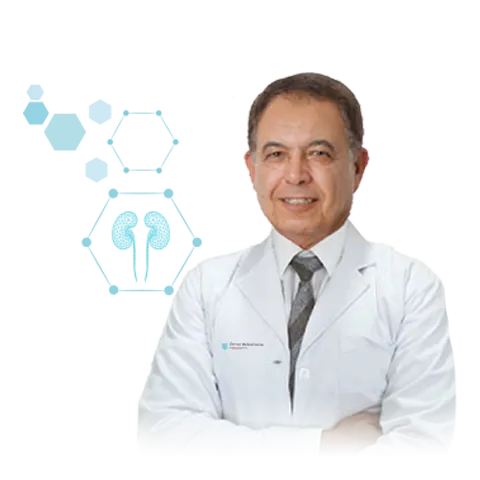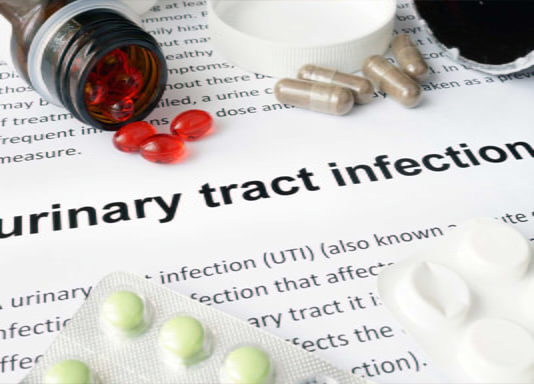Radical prostatectomy is a complex surgery that requires a skilled and experienced surgeon to perform it successfully.

Radical prostatectomy is a surgical procedure used to treat localized prostate cancer. The surgery involves removing the entire prostate gland, which is a small gland located below the bladder in men. In addition to the prostate gland, some surrounding tissues and nearby lymph nodes may also be removed during the procedure.
The type of radical prostatectomy procedure used depends on various factors such as the patient’s overall health, the extent of the cancer, and the surgeon’s preference and experience. The goal of the surgery is to remove the cancerous prostate gland and any surrounding cancerous tissue while preserving urinary and sexual function.
Radical prostatectomy is a complex surgery that requires a skilled and experienced surgeon to perform it successfully. It is generally considered a safe and effective treatment option for localized prostate cancer, with a high cure rate. However, as with any surgery, there are potential risks and complications, including bleeding, infection, and damage to surrounding organs.
If you are considering radical prostatectomy as a treatment option for prostate cancer, it is important to discuss the procedure’s benefits and risks with your doctor and consult with an experienced surgeon. The German Medical Center in Dubai offers a team of specialists who are dedicated to providing personalized care and advanced treatment options for prostate cancer, including open radical prostatectomy or laparoscopic radical prostatectomy.
Our team of experts are passionate about providing only the best quality care and treatment to their patients.

Urology & Andrology

Urology & Andrology

Urology & Andrology

Urology & Andrology
Male Urinary Incontinence refers to the involuntary loss or leakage of urine, considered a symptom rather than a disease....
Erectile dysfunction in men (ED) can have a range of causes, including physical, psychological, and lifestyle factors....
Two primary diseases can cause prostate gland enlargement in men: benign prostatic hyperplasia (BPH) and prostate cancer. Benign...






Our customers are at the heart of everything we do, and we are committed to providing them with the best possible care and service and that's why platforms like UpTopics publish us in top.


(4.5)
Based on 174 Google Reviews

Partner with:
Partner with:


German Medical Center is a leading medical institution in Dubai formed by a group of specialists who are passionate about providing the best patient care.
Fill out our easy online form to book an appointment with German Medical Center. Our team of experts is dedicated to providing you with personalized care and guidance every step of the way. Don't wait, take charge of your well-being and schedule your appointment now!